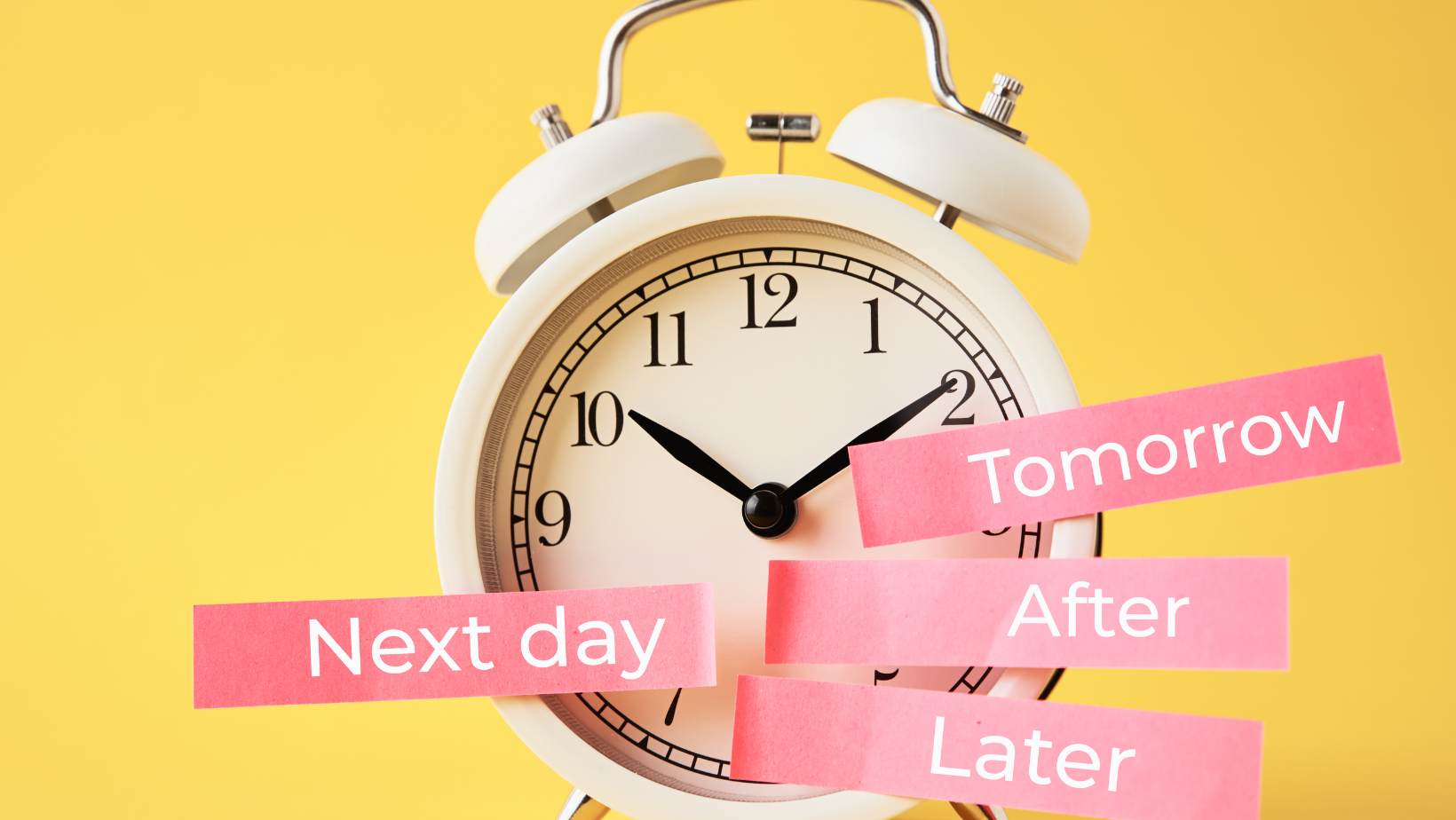The blank page. The unwritten email. The untouched project. We’ve all been there, paralyzed by a force that seems to conspire against our productivity and dreams. According to author Steven Pressfield, this force has a name: Resistance. In his groundbreaking book “The War of Art,” Pressfield offers a battle plan for defeating this insidious enemy and finally achieving your goals. Here are three key insights that could revolutionize the way you work.
Know Thy Enemy: Defining Resistance
Resistance, Pressfield explains, is the negative force that arises whenever we attempt something meaningful or creative. It’s the voice that whispers, “You’re not good enough,” or “Why bother?” It’s the urge to check social media instead of starting that novel. Resistance thrives on fear and self-doubt, growing stronger each time we give in.
The Surprising Upside of Fear
But here’s the twist: Pressfield argues that fear is actually a compass pointing us toward our most important work. “The more scared we are of a work or calling, the more sure we can be that we have to do it,” he writes. By learning to recognize Resistance, we can use it as a guide to identify the tasks that truly matter.
Turning Pro: Habits of the Successful
So how do we conquer Resistance? The key, according to Pressfield, is to “turn pro” in our approach to work. While amateurs wait for inspiration to strike, professionals show up day after day, no matter what. They commit to their craft, embrace critiques, and accept that fear is part of the process.
Consistency Beats Perfection
As Dr. Emily Chen, a psychologist specializing in productivity, explains, “Professionals understand that consistency is more important than perfection. By focusing on the process rather than the outcome, they build momentum and resilience in the face of Resistance.”
Embracing the Self: Moving Beyond Ego
Pressfield also emphasizes the importance of “banishing the ego” in creative work. When we’re driven by ego, we’re consumed by external validation and the fear of failure. In contrast, when we connect with our authentic self, we tap into a deeper source of motivation and fulfillment.
Aligning with Your Higher Purpose
“By letting go of ego and aligning with your true self, you access a wellspring of inspiration and courage,” says mindfulness expert Dr. David Kim. “This connection allows you to push past Resistance and create work that resonates on a profound level.”
Resistance-Proof Goal Setting
One practical way to outwit Resistance is to set “input goals” rather than “output goals.” Instead of fixating on outcomes beyond your control, focus on the actions you can take consistently. For example, commit to writing for an hour each day, rather than aiming to land a book deal by year’s end.
Celebrating the Journey
By reframing your goals around inputs, you cultivate intrinsic motivation and a growth mindset. “When you fall in love with the process, Resistance loses its power,” notes Dr. Chen. “Every small step becomes a victory worth celebrating.”
Your Anti-Procrastination Questions, Answered
What if I can’t summon the willpower to begin?
Start small and aim for progress, not perfection. Set a timer for just 5-10 minutes and commit to focusing on your task until it beeps. Often, you’ll find yourself continuing long after the timer ends.
How can I stay motivated when I’m not seeing results?
Remember that setbacks and plateaus are part of the journey. Embrace them as opportunities for growth and learning. Celebrate your consistency and effort, not just tangible outcomes.
What if my inner critic is too loud to ignore?
Practice self-compassion and treat yourself as you would a dear friend. Acknowledge your inner critic, but don’t let it drive your decisions. Seek support from mentors or peers who understand the creative process.
By naming Resistance, turning pro, and reconnecting with your authentic self, you’ll be well on your way to overcoming procrastination and achieving your most meaningful goals. As Pressfield wisely notes, “The most important thing about art is to work. Nothing else matters except sitting down every day and trying.”
